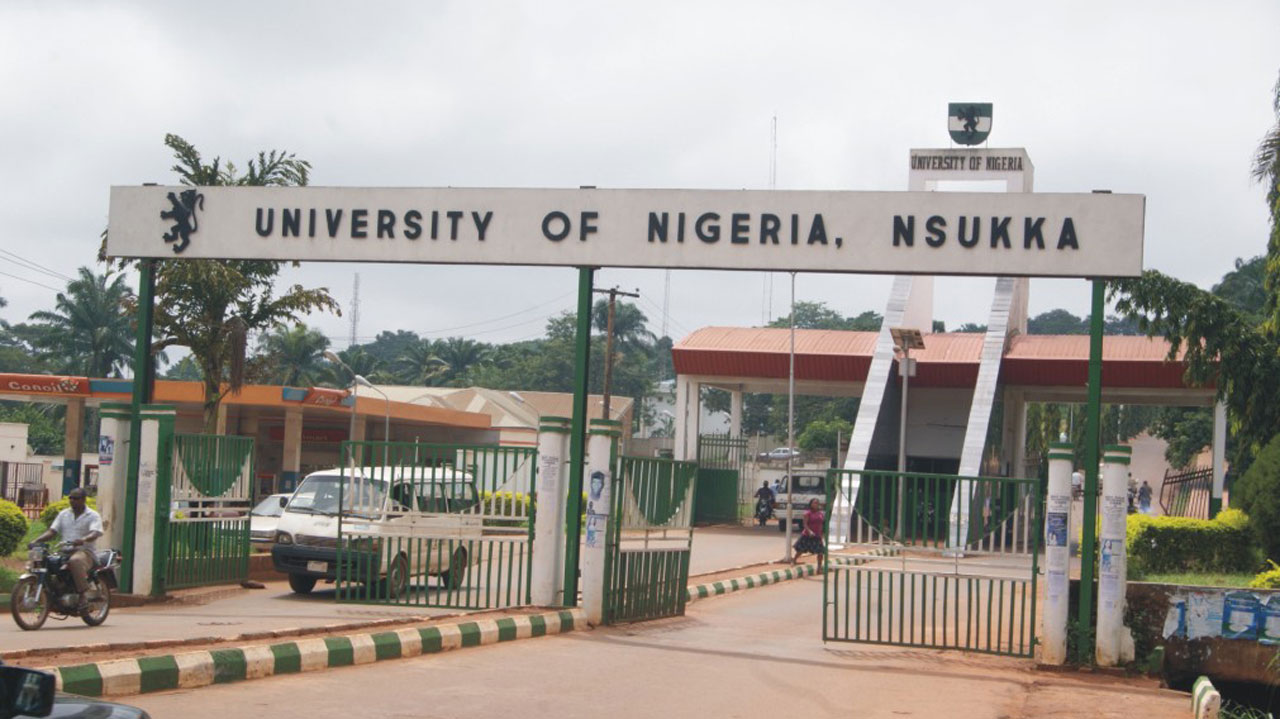A financial investment in expertise pays the best passion. The value of education to a nation can not be over highlighted, in a lot of parts of the world education and learning is regarded as a basic human right. Education and learning is just one of the basic requirements to gauge the growth and growth of any type of country.
Regretfully the degree, top quality and criterion of education in Nigeria has observed a geometric decrease in the past twenty years and this regrettable pattern has actually made Nigeria the top country of origin of trainees from Africa migrating to various other parts of the globe trying to find top quality education and learning.
This fall in standard has actually been attributed to a number of variables which will certainly be properly highlighted in this short article. Out of the many troubles facing education in Nigeria, the adhering to are the significant obstacles:
1. INADEQUATE FUNDING
Education and learning in Nigeria is looked after by the Ministry Of Education. Neighborhood authorities take duty for implementing policy for state-controlled public education and learning and state colleges at a regional degree. This makes funding of education and learning primarily a governmental event.
At site https://www.cnbcafrica.com/2019/nigerias-higher-education-sector-faces-a-number-of-issues-heres-how-the-west-african-country-can-do-to-fix-it/ from Our Articles
As a result of the lengthy existing high level of corruption in all levels of federal government, education in Nigeria has always experienced inappropriate financing which has actually brought about bad framework, absence of great mentor help, and non payment of educators allowances.
Also, a sharp decrease in crude oil rates which is the major source of federal government revenue has actually dropped the country into a recession which has actually brought about severe cuts in government spending, additional intensifying the poor financing scenario of Nigerias education and learning system. This has caused strike activities, school closure and massive students objections around the country. The financial crisis additionally ran out scholarship funds for international research, placing restraints on international pupil circulation from Nigeria.
2. UNAVAILABILITY OF QUALIFIED INSTRUCTORS:
In Nigeria, the inadequate functioning condition, poor reimbursement and allocations the instructors undergo have discouraged qualified and professional teachers from using up training tasks, they instead request various other far better paying work than teaching, while the few educators who have occupied the mentor career did so due to lack of better tasks, therefore, their reduced degree of commitment as they are constantly on the keep an eye out for greener pastures.
This straight affects output as the quality of education and learning is drastically minimized by this hazard.
3. LACK OF CONTINUAL TRAINING FOR INSTRUCTORS:
Appropriate procedures are not taken by the ministry of education and learning to guarantee that every teacher undergoes a continual periodic training program to keep them in tune with modern-day methods and also assist to remodel their interrelationship with their pupils and the pupils guardians.
4. FAILURE TO FIT THE RISING POPULACE DEMANDS:
The complete populace of Nigeria as at freedom stands at 45.2 million, but this isnt the case currently as the nation has witnessed an astronomical rise in its population. As at 2015, Nigeria s population was approximated to be 182.2 million, this is a major issue for the country as the education system have not been able to fully register its swiftly increasing populace.
For example, Nigerias standard education market is overburdened by strong population growth. In 2015, the countrys populace under the age of 15 was about 44 percent. The system fails to incorporate large parts of this growing youth populace.
According to the United Nations, 8.73 million elementary school- aged kids in 2010 did not take part in education whatsoever, a lot of which were the almajiri youngsters. They make up the biggest team of out-of- school children in Nigeria. These kids are sent to Quranic instructors to get an Islamic education, which includes professional or instruction training.
Some are associated with street pleading. The Ministry of Education approximated that there were 9.5 million almajiri children in the northern part of the nation in 2010, making Nigeria the country with the greatest number of out-of-school youngsters worldwide.
The net enrollment price at the elementary level was 63.8 percent contrasted to a worldwide standard of 88.8 percent. This reduced rate of registration to standard education in Nigeria has actually further raised illiteracy level in Nigeria.
The nation in 2015 had a youth proficiency price of 72.8 percent and a grown-up literacy price of 59.6 percent compared to global rates of 90.6 percent and 85.3 percent in 2010 respectively (information reported by the Globe Bank).
5. LOW UNIVERSITY ADMISSION ABILITY:
According to the statistics JAMB supplies on its website, In 2015, only 415,500 out of 1.428,379 candidates were confessed to university.
The admission crisis is just one of Nigerias biggest obstacle in college, due to the expanding young people population.
Nigerias system of education and learning presently leaves over a million qualified college admission applicant without accessibility to university education on an annual basis. This has a tendency to reduce financial development as just a couple of educated professionals are offered in the country, it likewise leads to brain drain.
6. ACADEMIC SCAMS, CORRUPTION AND INDISCIPLINE:
In Nigeria, there have been numerous records of corruption and indiscipline in Nigerias education and learning system, many particularly in the higher organizations where situations of cultism in colleges have been on the increase as well as bribery to pass exams.
Academic fraud is endemic at all levels of education. Other types of academic misbehaviors that has pestered the Nigerian education and learning system ranges from cheating during evaluations to much more severe inglorious acts such as acting, misstating scholastic records, spending for qualities or certificates with presents, money or sexual favours, terrorising examiners and assaulting invigilators e.t.c.
7. INADEQUATE STANDARD OF LIVING AND NEGATIVE GOVERNANCE:
The concern of poor administration connected with a lot of African nations with Nigeria inclusive has also influenced the growth of education and learning in Nigeria as the continous poor governance has actually also raised the level of destitution in the country.
Several impoverished parents are not able to send their wards to college due to the hardship and failure to meet the college charges. Likewise, the government hasnt been able to fully deliver on its pledges of complimentary basic education and learning to its citizens.
8. POLITICIZATION EDUCATION AND LEARNING:
In Nigeria, politicization of education and learning is one more problem. In some establishments, cases where tribal and political affiliations influences admission and employment procedures have actually been reported.
This is not a great priority as it refutes those who are duly qualified employment opportunities or opportunity to research. These and a lot more are the difficulties dealing with the education and learning system in Nigeria. The above issues if correctly tackled will aid set the Nigerian instructional system on the right track.

